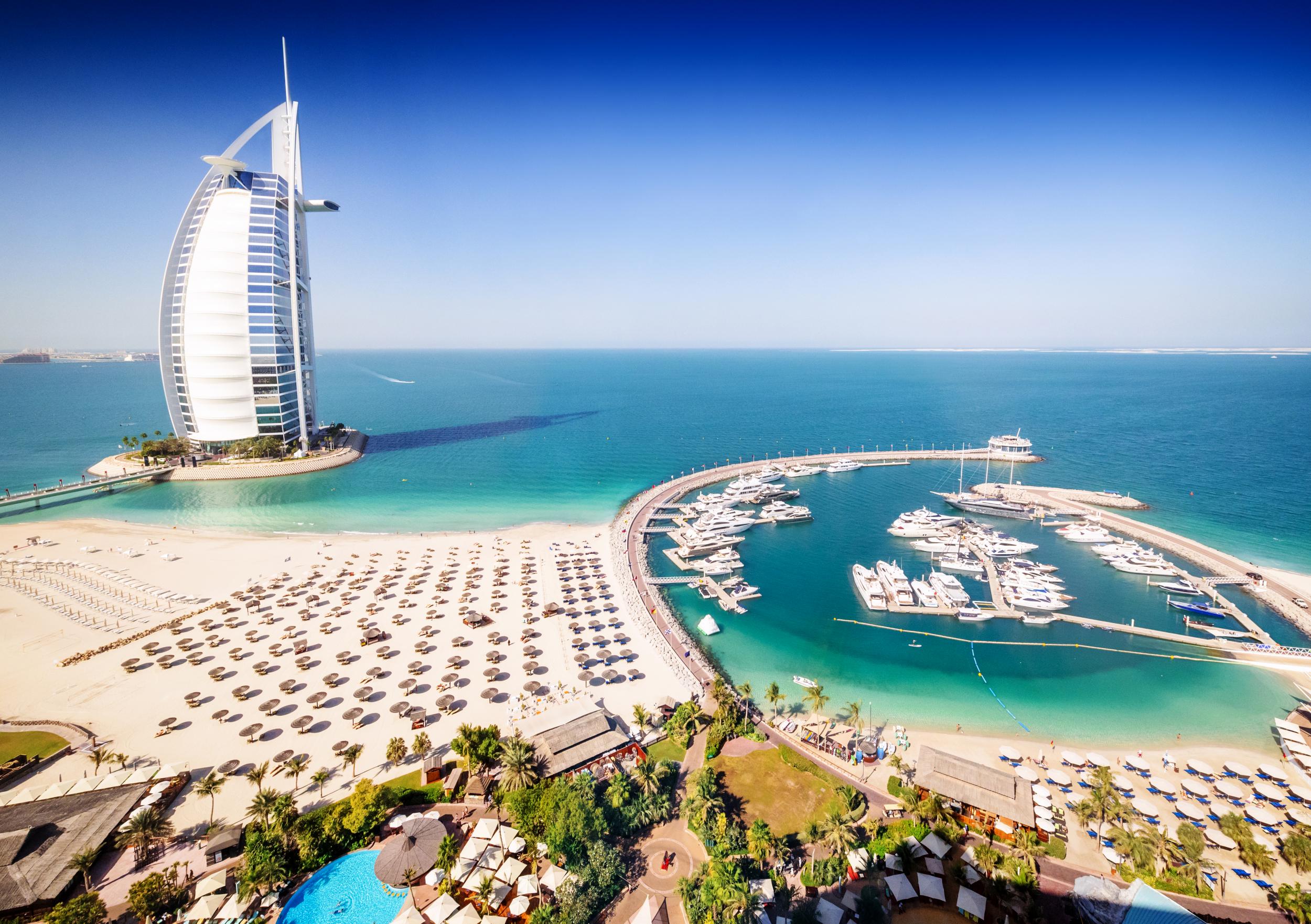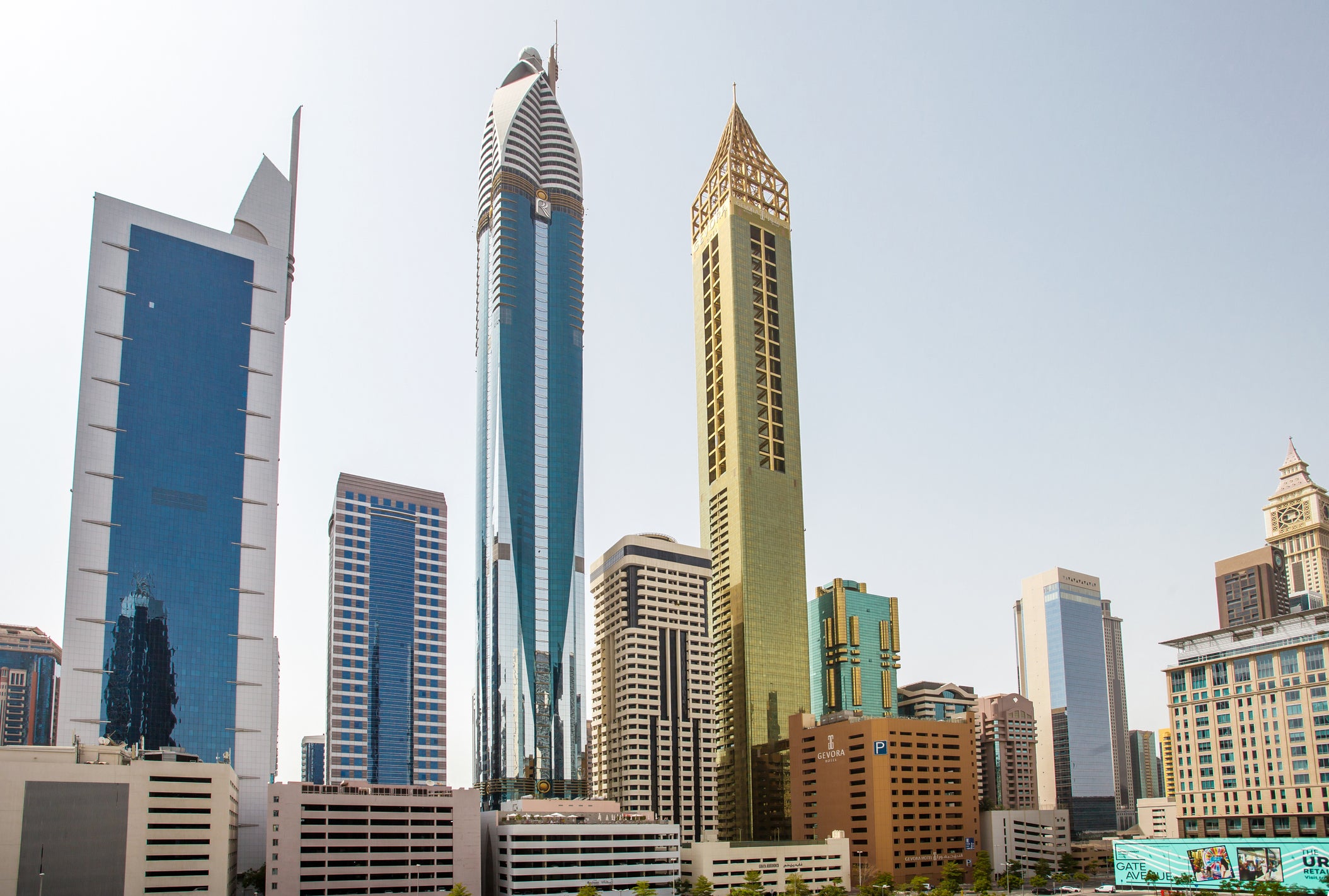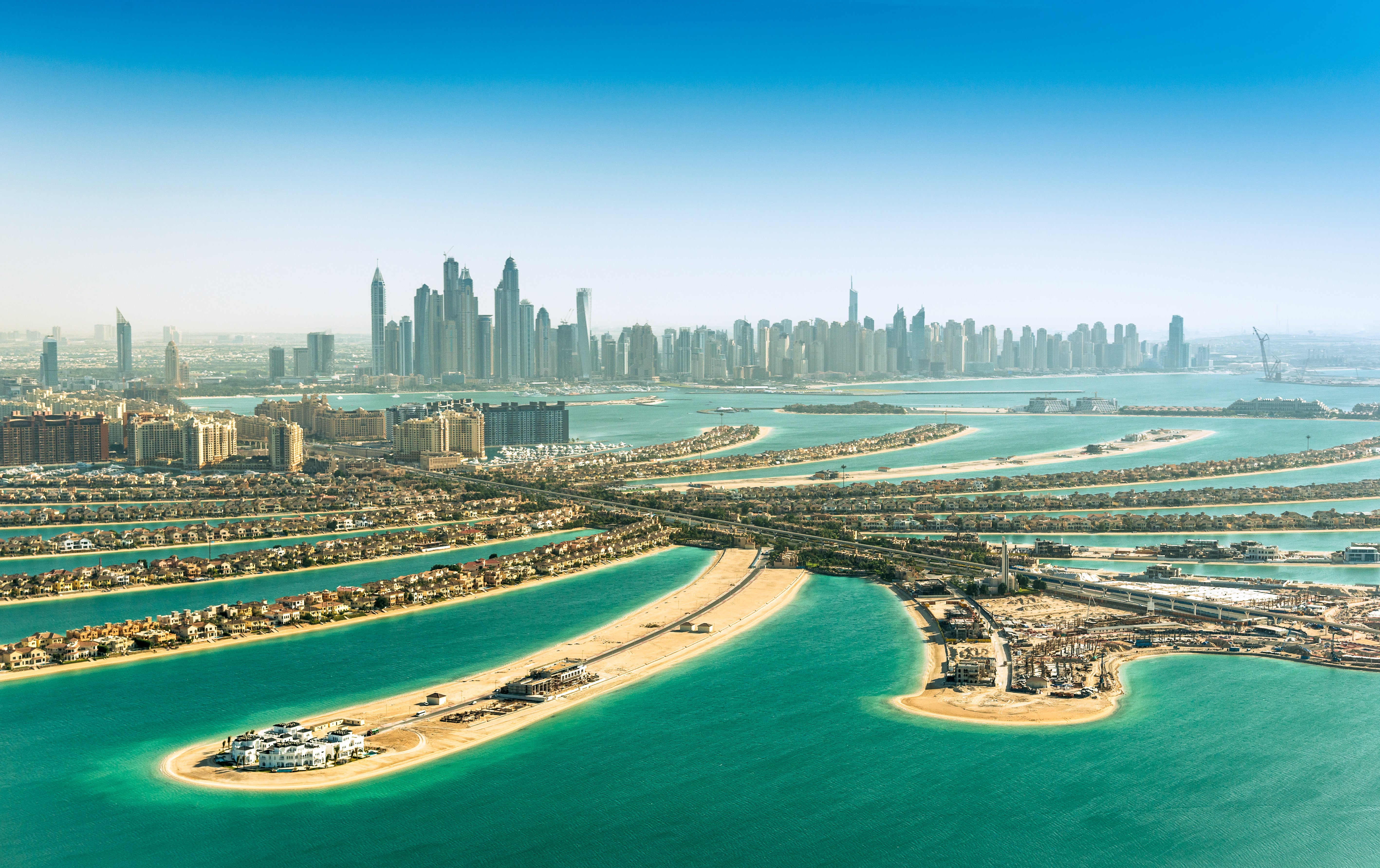Dubai property market stays strong as demand from ultra-rich continues
The report showed palm tree-shaped artificial island Palm Jumeirah was the most sought-after area

Your support helps us to tell the story
From reproductive rights to climate change to Big Tech, The Independent is on the ground when the story is developing. Whether it's investigating the financials of Elon Musk's pro-Trump PAC or producing our latest documentary, 'The A Word', which shines a light on the American women fighting for reproductive rights, we know how important it is to parse out the facts from the messaging.
At such a critical moment in US history, we need reporters on the ground. Your donation allows us to keep sending journalists to speak to both sides of the story.
The Independent is trusted by Americans across the entire political spectrum. And unlike many other quality news outlets, we choose not to lock Americans out of our reporting and analysis with paywalls. We believe quality journalism should be available to everyone, paid for by those who can afford it.
Your support makes all the difference.The number of homes worth $10 million or more that were sold in Dubai held steady in the first half of the year despite a drop in listings, an industry report has shown.
A total of 190 homes worth an overall $3.2 billion were sold in the six months to end June compared with 189 properties for $3.3 billion in the same period of 2023, according to provisional data from property consultancy Knight Frank.
The report provides evidence that demand from the international ultra-rich stayed strong.
The total number of deals held up despite a 65.5% year-on-year drop in the number of such luxury homes available on the market in the second quarter, the report showed.
“This is a strong sign of the ‘buy-to-hold’ buyer profile that has taken root in the market,” Faisal Durrani, Knight Frank’s head of research for Middle East and North Africa (MENA), was quoted as saying in the report.
The trend suggests international high-net worth individuals “are largely focused on purchasing homes in the city for personal use, rather than to ‘flip’, which was a defining feature of the previous two market cycles,” he added.

Home to the world’s tallest tower, the United Arab Emirates’ Dubai is the Middle East’s biggest tourism and trade hub, attracting a record 17.15 million international overnight visitors last year.
The city-state was quick to reopen after the pandemic. That, together with massive infrastructure spending, generous income tax policies and relaxed social and visa rules, lured thousands of foreigners, including Russians amid war in Ukraine.
Under a 10-year plan known as D33, Dubai is seeking to grow its economy by investing in tourism, turning its local financial centre into one of the top four globally and by attracting foreign capital, including into real estate, with property purchase and rental prices showing no signs of fizzling out.

It is also becoming a preferred wealth hub for many entrepreneurs and rich families in Asia, launching a “family wealth centre” last year to help wealthy individuals and businesses deal with cultural issues and governance.
The Knight Frank report showed palm tree-shaped artificial island Palm Jumeirah was the most sought-after area, recording 21 sales of homes worth $10 million or more in the second quarter, accounting for 26% of sales in the period.
It was followed by Emirates Hills with 10% and the District One area with 7.8% of such deals.
Sales of properties worth $25 million or more jumped 25% in the second quarter compared with the first three months of the year to a total of 15 homes.
Last year Dubai ranked first globally for the number of home sales above $10 million, selling nearly 80% more such properties than second-placed London
Join our commenting forum
Join thought-provoking conversations, follow other Independent readers and see their replies
Comments